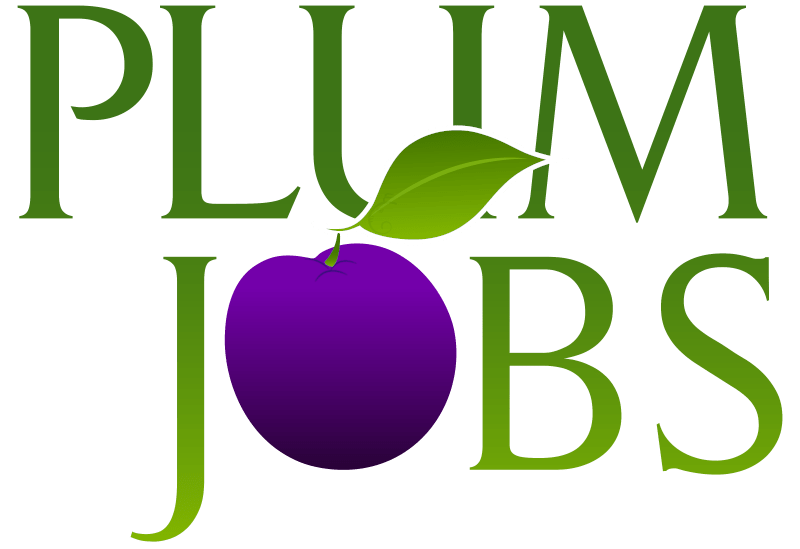Recruitment Challenges in A Digital Age Supply Chain

From sourcing to customer – recruitment challenges in hiring digital age supply chain leaders
The supply chain is well into its journey to automate with many well-established and capital rich distribution centres and warehouses already using automated processes and analytics for day-to-day operations. However, the reality is that majority of businesses have yet to get here as supply chains have become complex. There is also a further step to be taken – relying on people that know how to implement these technologies to make the organization more operationally and cost efficient.
Customers are demanding the delivery of goods and services faster and at lower costs. Digital adoption is the key to gaining a competitive advantage, whether through predictive analytics, robotics and automation, artificial intelligence or inventory and network optimization, but technologies can only be implemented and utilized by a skilled workforce who understand the technologies.
Organizations need to build a culture of innovation and technology.
Where does a digital age supply chain begin? The answer is in its leadership.
Supply chain is no longer about lifting and moving, it has evolved to a far more complex and commercially driven function and the skills to successfully drive profitable supply chain functions are strategic thinking, project management and leadership and cost-effective supply chain management.
6 Step Guide to Recruiting a Successful Supply Chain Leader
#1 Understanding of market dynamics – with a more global market and everchanging customer buying behaviours, supply chain leaders need to know what is happening in a wider context of their business and industry that will impact their planning and operations and they need to predict and adapt accordingly.
#2 Using information technology and automation – digital age supply chain leadership hinges on its workforce using technology such as warehouse management enterprise resource planning systems such as VMS, TMS and analytics software to support your decisions.
Gone are the days of using Excel spreadsheets for your decisions. Today, you’ll need to understand the correlation between physical processes and ERP workflows and be using business intelligence applications to provide you with the data to enable you to plan, execute and make long term decisions.
#3 Optimizing data – the scale of data is increasing – capitalizing and integrating the data can drive significant changes and improvements in supply chains. To do this, leaders must have the ability to collect and synthesize the data into customer and market insights.
#4 Cost to serve – Increasingly, supply chain leaders play a very active role in the company’s profitability. It is important to know what the real costs are to serving customers. To lead a supply chain effectively, you will need to understand what drives demand and supply, and pricing for goods and services to establish the cost to serve your customers.
#5 Effective negotiation – whether it is procurement or contract terms of services and solutions, the ability to negotiate favorable terms is crucial to the company’s bottom line.
#6 Leadership qualities – the ability to lead, coach, influence, inspire and build long-term business relationships is crucial as it revolves around the skills of articulating somewhat complex concepts clearly and managing change in dynamic environments.
In summary, as organizations struggle to adopt a digital mindset to connect technology, data and talent in a customer centric environment, having a deep understanding of market economics to quantify how your leadership decisions can positively impact the organization’s profitability. By know the real cost of the serving customers, you will establish who your profitable customers are.
The other essential component of supply chain success is the people it takes to run the function and the skills necessary to connect them to digital supply chain technology.
Today’s digital supply chain spans across leadership, talent and workplace culture, technology and innovation adoption to the customer experience.
Organizations that are slower to adopt technologies are finding it increasingly difficult to fill senior supply chain management roles due to the growing complexity of supply chains and greater demand for technological expertise. As we work with our clients who are in this category, we are amalgamating multiple roles that were previously in logistics, procurement and supply chain to consolidate these into higher-level leadership roles requiring a wider range of skills and this has reduced the headcount and cost.
Finding it hard to recruit supply chain talent with experience of working in dynamic work environments?
Contact us or call +971 552 167567 for your executive search and recruitment of successful sourcing, procurement and supply chain management leadership and professionals.
